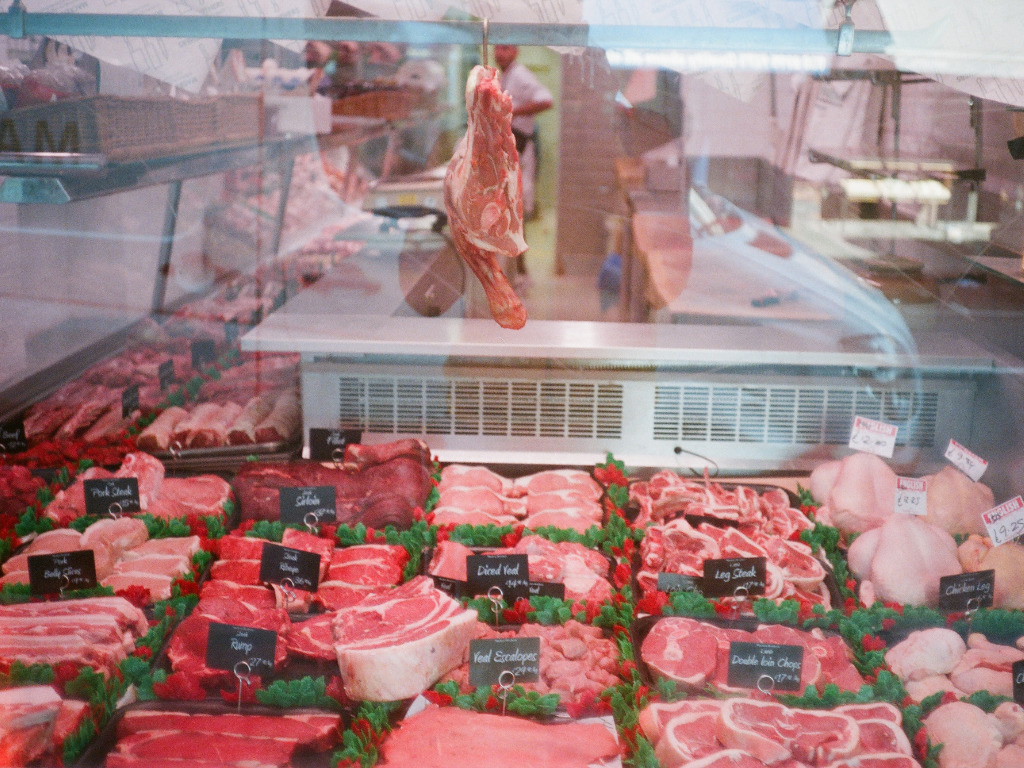3 Mins Read
According to a study published in the journal Cancer Discovery, several risk factors have been associated with colorectal carcinoma (CRC). Conducted across 900 CRC cases in three U.S.-wide prospective studies, a type of DNA damage called ‘alkylation’ was detected which has been linked to high consumption amounts of processed and unprocessed red meat.
Finding the ‘biological’ link
Previous studies surveyed eating habits in people who already had the condition, with researchers finding links to the occurrence of CRC. However, the biology wasn’t exactly clear with one team claiming that they had a “low” degree of certainty that limiting meat consumption would actually prevent cancer deaths.
This means that though physicians often advise eating less red meat to avoid colorectal cancer, there was no scientific evidence highlighting how the meat causes the cells to mutate.
In an interview with Agence France-Presse, an oncologist at the Dana-Farber Cancer Institute and lead of the study, Marios Giannakis said: “When we say red meat is carcinogenic, and that it impacts the incidence of cancer, there has to be some plausible way by which it does it.”
Giannakis and his team of researchers have gathered DNA data from 900 patients having CRC who were asked to document their diet, without any knowledge of a future diagnosis, as compared to previous research that asked people to note their dietary preferences when they became sick.
The analysis found a mutation that points to a type of DNA damage called ‘alkylation.’
However, it is important to note that not all cells containing these mutations turn cancerous, and it was even noticed in a few healthy colon samples.
Only red meat link
The mutation signature was linked with high intakes of processed and unprocessed red meat. It wasn’t associated with other types of meat like chicken and fish or other lifestyle factors that were analyzed.
Giannakis added: “With red meat, there are chemicals that can cause alkylation.” These are nitroso compounds found in large amounts in red meat and nitrates in processed meat.
The specific compounds are nitroso compounds that can be made from heme, which is plentiful in red meat, as well as nitrates, often found in processed meat.
High levels of tumor alkylation damage were observed in patients who consumed, on average, over 6 ounces of red meat a day equivalent to two or more servings. The mutation patterns have been associated with the lower part of the bowels leading to the anal canal called the distal colon. Patients with the highest levels of mutation recorded a 47% greater risk of CRC death than those with lower damage levels.
Read: Scientists Find Link Between Eating Mushrooms & Lower Risk Of Cancer
Research to help patients
In addition, the study specifies how cancer can be detected early with new treatments designed for the same.
The mutation could help recognized those patients that are likely to have colon cancer by analyzing their alkylation damage given that it is a biomarker of patient survival. The doctors can then advise the patients to reduce their red meat intake if applicable.
The research further helps in understanding the biological links out of which the disease appears, opening the door for medicines to stop or reverse the process, thus possibly preventing cancer.
Giannakis concluded by recommending a moderate and balanced diet for a healthy life.
Read: Plant-Based Diets Linked To 73% Lower Risk Of Severe Covid-19, New Global Study Finds
Lead image courtesy of Leonardo Carvalho/Unsplash.



